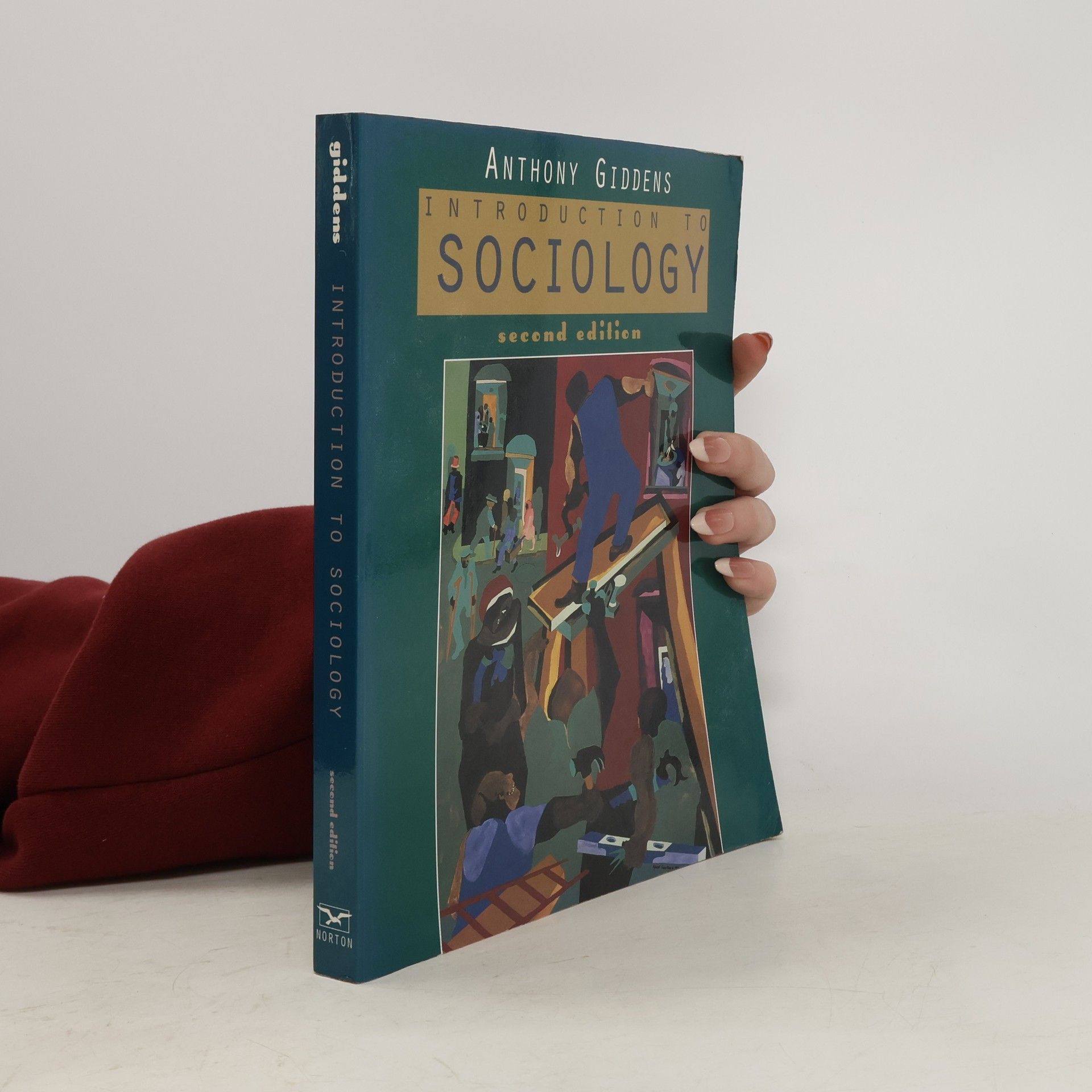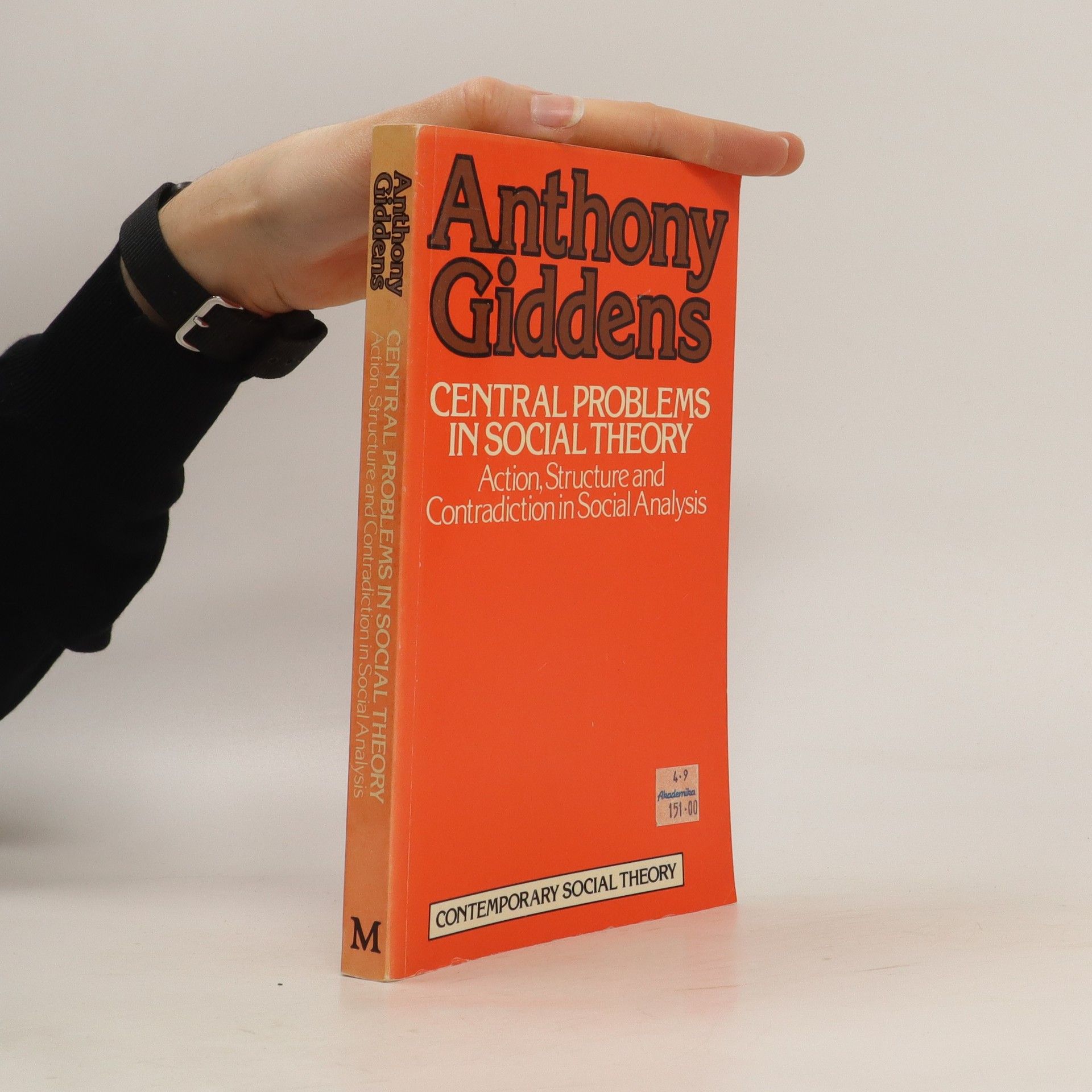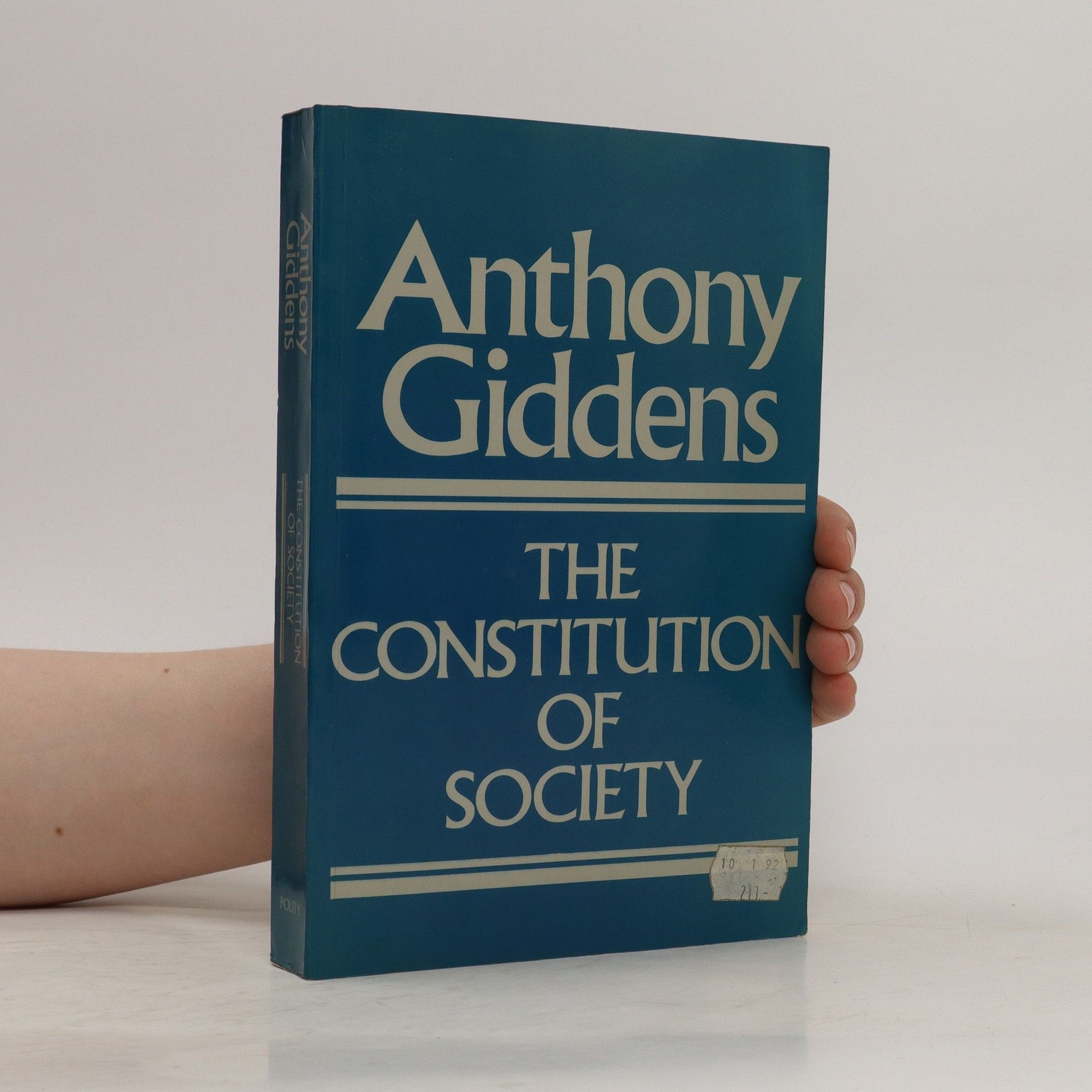The Transformation of Intimacy
Sexuality, Love and Eroticism in Modern Societies
The sexual revolution: an evocative term, but what meaning can be given to it today? How did sexuality come into being and what connections does it have with the changes that have affected personal life on a more general plane? In answering these questions, Anthony Giddens disputes many of the dominant interpretations of the role of sexuality in modern culture. The emergence of what the author calls plastic sexuality - sexuality freed from its intrinsic relation to reproduction - is analyzed in terms of the long-term development of the modern social order and social influences of the last few decades. Giddens further argues that the transformation of intimacy, in which women have played the major part, heralds radical changes in the relationship between the sexes.









